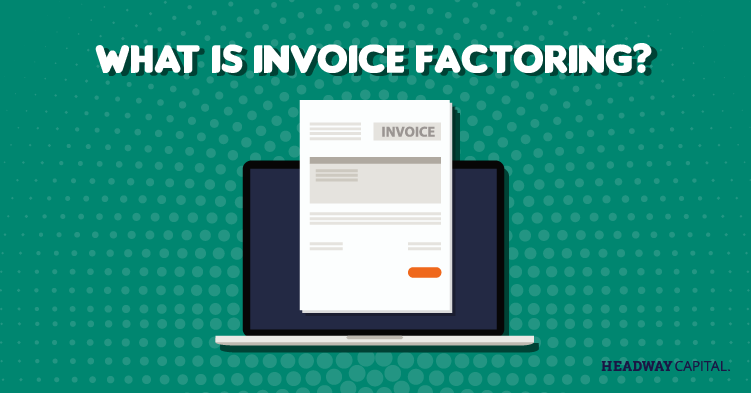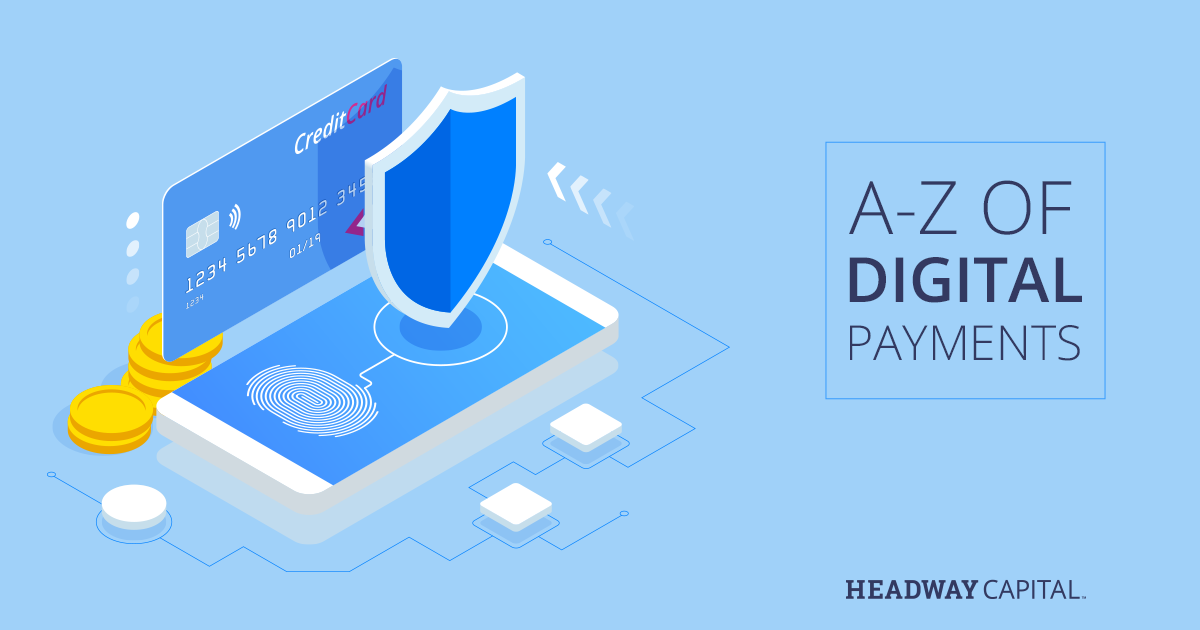Why Invoice Factoring is a Smart Solution for Your Business
Companies that offer invoices with set payment terms for their customers often experience cash flow gaps. Since most of their capital is tied up on outstanding invoices, it can be harder for them to meet their day-to-day expenses or take advantage of growth opportunities.
While some businesses tap into lines of credit, equipment financing, credit cards, or even their personal funds to cover the cash flow gaps, others use invoice factoring to get funding. Factoring offers a way to free up cash, so businesses can get their working capital back and grow their company.
Invoice factoring tends to be more expensive than a traditional loan, so make sure you do the research to ensure it is the right funding choice for your small business. We’ve outlined five reasons why invoice factoring may be a smart solution for your business. But first, let’s start with its definition.
What is Invoice Factoring?
Invoice factoring is a form of invoice financing where the business sells their unpaid customer invoices to get funding. It’s designed to help businesses with aging outstanding invoices free up cash without waiting for customers to pay them. Companies can use the money to fund vital business initiatives like paying staff, buying equipment, inventory, or investing in growth opportunities.
In invoice factoring, the factor (factoring company), will have complete control over your sales ledger. This means that they would take over the payment chasing and collection. Since your customers will pay the factor directly, they will be aware of the fact that you’re working with a factoring company.
In general, factoring companies lets you advance between 60% to 95% of the total value of your invoices. The amount of funding will depend on the creditworthiness of your clients.
5 Reasons Why Invoice Factoring May Be Right for Your Business
1. Keeps cash flow steady for rapidly growing businesses
Business expansion is every entrepreneur’s dream. However, maintaining a healthy cash flow with a rapidly growing operation could be challenging without securing any forms of financing. Growth means you’d have to pay more for utilities, marketing strategies, and purchase more inventory to meet the growing demands.
With invoice factoring, you can support the growing needs of your business. Instead of waiting for weeks to get payments, you can get cash in advance through invoice factoring. With the additional boost in your capital, you can meet your financial obligations in time, reorder inventory, maintain a smooth business operation and potentially improve your credit standing.
2. Easy to qualify
Getting traditional financing could be tricky for businesses, especially start-ups. Banks and credit unions place great importance on the business’s financial history since it helps them determine how much risk they’re taking if they approve the financing. In general, businesses lacking credit history and those with bad credit typically are less likely to qualify for a traditional loan.
With invoice factoring, businesses may not have to worry about their credit background. Unlike traditional financing companies, factors primarily focus on your (the business) customers’ credit and financial background. As long as you’re working with creditworthy customers, you’ll have higher chances of qualifying for invoice factoring.
3. Quick funding
Businesses often need quick cash to address time-pressing matters. It could be for emergencies like broken equipment, damages, or when pursuing time-bound business opportunities. In cases like these, invoice factoring could be a viable solution.
Alternative lenders, specifically online lenders, can get your business funded within 24 hours after approval. This fast funding allows companies to address pressing matters quickly whether it’s to purchase equipment, meet payroll, or pursue once-in-a-lifetime business opportunities like partnering with or acquiring another business.
4. Covers cash flow gaps in the slow season
Seasonal businesses need additional capital to keep their business going through the slow seasons. If your business is one of the many experiencing cyclical sales, invoice factoring could be the solution you need to help you through the downtime.
Invoice factoring is not a one-time business financing option. You can build lasting relationships with a factoring company and use their services as long as it makes sense for your business. If you’re experiencing a slow season and you’re having a hard time meeting your monthly financial obligations, you can sell your outstanding invoices, boost cash flow, and bridge any gaps in the cash flow.
With invoice factoring, you won’t have trouble paying for the following during the off-season:
- Monthly utilities
- Payroll
- Inventory
- Supplies
- Marketing strategies
5. Allows you to take on larger orders or projects
Large customer orders or projects would require more manpower, time, equipment, and inventory. With a weak cash flow, the business won’t be able to fund the customer’s order. As a result, they would have no choice but to turn down what could have been a highly profitable business opportunity.
If you keep finding yourself having to turn customers away because of a lack of working capital, invoice factoring can help. By using the factoring services, you will be able to advance a portion of your invoices and use that to complete large customer orders. Not only will this increase your sales, but it will also help build your business’ reputation.
Many businesses experiencing cash flow issues because of unpaid invoices can benefit a lot from invoice factoring. Factoring eliminates the hassle of having to wait for weeks for customer payments. It allows you to advance cash so you can reinvest it and grow your business further.
However, no matter how attractive invoice factoring is as a funding option, it’s not for everyone. To qualify, your business needs to have unpaid invoices from large, creditworthy clients.
Before applying, be sure to assess the needs of your business first. If you can, ask for advice from a financial expert to help you make a better and more informed decision.
The information in this article is provided for educational and informational purposes only, without any express or implied warranty of any kind, including warranties of accuracy, completeness or fitness for any particular purpose. The information in this article is not intended to be and does not constitute financial, legal or any other advice. The information in this article is general in nature and is not specific to you the user or anyone else.






